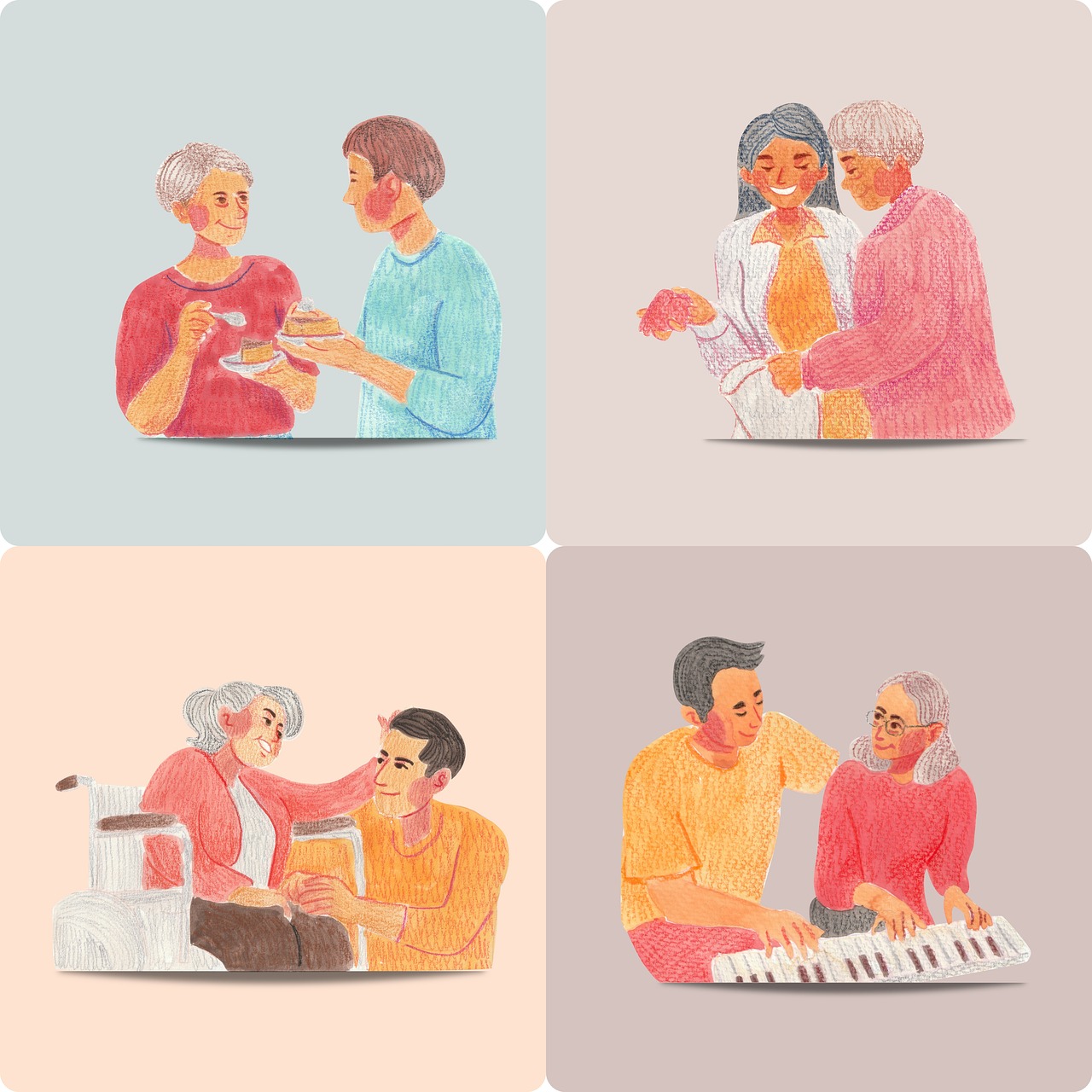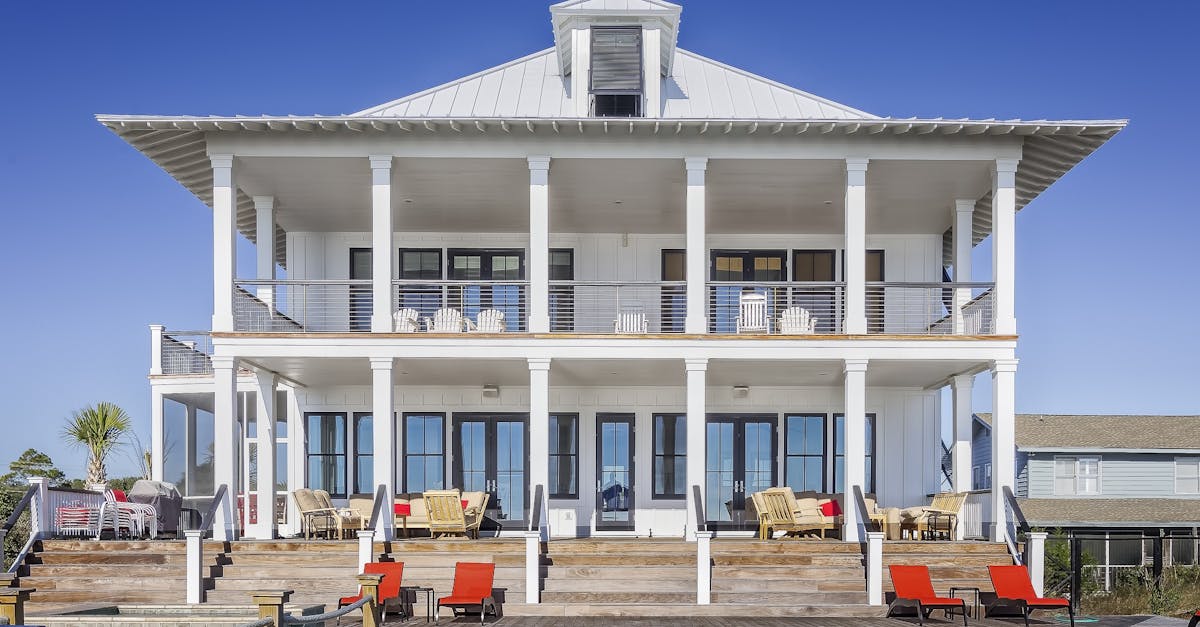Speak to a local care advisor at Assisted Living Locators by calling (888)-267-4741.
Learn about Assisted Living, Senior Living, Memory Care, and In-home care options.
As the golden years approach, seniors may find it challenging to meet their basic needs due to limited income or resources. However, the state of Florida offers a plethora of programs designed to assist low-income seniors, ensuring they can lead a dignified and independent lifestyle. This comprehensive guide will dive into the various benefits, services, and resources available to Florida’s elderly population.
1. Understanding Florida’s Assistance Landscape
Florida is known for its vibrant senior population, ranking second in the nation for its elderly demographic. The state’s affordable living costs, combined with its pleasant year-round weather and senior-friendly communities, make it a favorite among retirees. Various forms of assistance are available to seniors, ranging from property tax exemptions to low-income housing options, making Florida an attractive choice for the golden years.
2. Property Tax Exemptions for Seniors
Seniors in Florida enjoy lower property taxes compared to the national average. The state offers a $25,000 exemption applied to the first $50,000 of a property’s assessed value, provided the property is the owner’s permanent residence and is owned by January 1 of the tax year. To qualify for this exemption, the senior must own real estate with a just value of under $250,000, be 65 or older, and their household income must not exceed the income limitation.
3. Low-income Housing Options
Low-income senior living apartments are available for seniors who qualify, providing affordable accommodations and opportunities for social interaction. To reside in senior housing in Florida, certain eligibility requirements must be met, mainly focusing on household income.
4. Applying for Senior Housing
During the application process, seniors need to provide proof of income, such as bank statements, Social Security benefits statements, and federal tax returns. The community managers also examine the senior’s credit scores, criminal background, citizenship status, and prior rental history.
5. Benefits for Low-Income Seniors
Low-income seniors in Florida can access numerous benefits, including home- and community-based programs and services. More than 80,000 Florida seniors benefit from community nutrition programs run by private non-profit agencies. Seniors living with chronic illnesses can also benefit from health and wellness programs.
6. Assistance for Seniors
The Florida Department of Elder Affairs administers the locally based Area Agency on Aging, which provides assistance to seniors in their neighborhoods. Various forms of assistance are available, including wellness education, counseling, home-delivered meals, non-medical transportation, and homemaker services.
7. Home Care for the Elderly Program
The Home Care for the Elderly Program is designed to help aging participants remain at home. Aging participants reside in family-type living arrangements in private residences, with the program offering a monthly $160 subsidy for seniors.
8. Assisting Hands Home Care
Assisting Hands Home Care is a senior home care service that focuses on promoting the physical, emotional, and social well-being of the seniors in its care. The agency provides various care options, ranging from short-term respite care to post-hospitalization care.
9. Financial Assistance for Low-Income Seniors
Low-income seniors in Florida who fall within the federal poverty level guidelines can be eligible for state Medicaid, which can help cover part of the cost of home health care. Cities with a lower cost of living, such as Homosassa and Crystal River, can be beneficial for low-income seniors when choosing where to retire.
10. Senior Living Communities in Florida
Florida boasts 457 senior living and retirement communities currently available for rent. These communities offer a range of living types, such as senior houses, senior condos, and senior townhouses. Some communities also provide pet-friendly senior living and low-income senior housing.
11. Legal Support and Housing Assistance Programs
Legal support for seniors is available through the Florida Commission on Human Relations, which addresses allegations of discrimination in housing. The Florida Housing Finance Corporation assists in providing a range of affordable housing opportunities. The U.S. Department of Housing and Urban Development (HUD) oversees public housing and Section 8 rental housing programs.
12. Health and Wellness Programs
The Department of Elder Affairs runs health and wellness programs to help older Florida residents develop and maintain healthy lifestyles. Programs include health risk assessment, gerontological counseling, mental health counseling and screening, and home injury control.
13. Caregiver Support and In-Home Services
The National Family Caregiver Support Program can assist families and individuals who are taking care of frail older members. The Florida Department of Elder of Affairs Aged and Disabled Adult Waiver (ADA) helps people maintain independence while they continue to live in their home.
14. Final Thoughts
Florida’s commitment to the elderly is evident in its diverse range of programs and services available to low-income seniors. These resources ensure that seniors can continue to live independently while receiving necessary support and care. While the process can feel overwhelming, agencies like the local Area Agency on Aging and the Florida Department of Elder Affairs provide invaluable guidance and assistance. The journey to secure assistance starts with a single step, and help is readily available to ensure Florida’s seniors continue to enjoy their golden years.












